Introduction — Donner DDP-200
The Donner DDP-200 is an 88-key, fully weighted digital piano in an upright-style wooden cabinet designed for home practice and intermediate players. Key highlights: graded hammer action, 128-note polyphony, Bluetooth MIDI, three pedals (soft/sostenuto/sustain), and a furniture-style wood finish that fits living rooms and practice spaces.
Side-by-Side Comparison — Overview
| Aspect | Donner DDP-200 | Donner DDP-200 PRO |
|---|---|---|
| Tone | 128-note polyphony; realistic piano voice for home playing; solid built-in speakers; limited voice variety vs premium models. | Higher polyphony (greater hearoom), larger voice library and richer amplification; better suited to layering, complex pieces and small studio use. |
| Keyboard & Pedals | 88 graded hammer-action weighted keys; three-pedal unit; adjustable touch; good acoustic feel for price. | Also 88 graded hammer-action with refined electronics and expanded controls; triple pedals; likely improved half-pedal response and touch curves. |
| Features & Connectivity | Bluetooth MIDI, headphone outputs, metronome and basic recording; simpler display/interface. | BT MIDI + BT Audio, larger colour display, recording, split/layer modes, EQ/advanced controls — more flexible for recording and teaching. |
| Best For | Home practice, intermediate players, buyers prioritising realistic feel and furniture aesthetics on a budget. | Advanced players, teachers, home-studio users or anyone who wants more voices, recording and performance flexibility. |
Tone — Detailed
DDP-200: Delivers a warm, realistic piano tone tailored for solo practice. 128-note polyphony handles most repertoire and sustain; the speaker design provides good fullness for a home instrument. Ideal if your primary focus is acoustic piano sound at home.
DDP-200 PRO: Offers more headroom and tonal variety — higher polyphony, more voices and stronger amplification make it better for layered sounds, complex classical pieces or small performance situations.
Keyboard Function — Action, Pedals & Controls
Key Action
Both models use graded hammer action to mimic the varying resistance of an acoustic piano (heavier in the bass, lighter in the treble). The DDP-200 gives an authentic feel at its price, while the PRO refines the action with improved electronics and extra touch curves.
Pedals & Playability
Both include the standard three-pedal configuration (soft, sostenuto, sustain). The PRO typically provides more nuanced pedal response and advanced half-pedal control useful for expressive playing.
Controls & Connectivity
- DDP-200: Basic UI, Bluetooth MIDI, headphone outputs, practice tools (metronome/recording).
- DDP-200 PRO: Colour display, split/layer modes, recording, BT Audio + MIDI, EQ/advanced adjustments — better for studio and teaching workflows.
Usage Scenarios — Which One Should You Choose?
When to choose the DDP-200
- Home practice, learners and intermediate players.
- You want 88 weighted keys and an upright cabinet look without a high price tag.
- Casual recording/practice and living-room placement where furniture aesthetics matter.

When to choose the DDP-200 PRO
- Advanced players, teachers and home-studio environments.
- You need layering, splits, higher polyphony or frequent recording/performances.
- Future-proofing: if your use will become more feature-driven (streaming, composition, teaching).

Note: consider space & weight (upright cabinet) and your budget — the PRO is a premium step up and will cost more, but offers more features and headroom.
User Reviews & Real-World Feedback
Summary of common themes from user feedback (aggregated highlights):
DDP-200 — What users like
- Value for money: Many users praise the realistic key action and piano-like feel relative to the price — "a solid digital piano that offers a lot of value."
- Looks & build: The wooden upright cabinet and matte key finish are frequently highlighted as attractive for a home setting.
- Sound for practice: Reviewers often call the piano tone warm and satisfying for home practice and lessons.
DDP-200 — Critical feedback
- Occasional key/tone inconsistencies: A small number of users reported specific keys sounding flat or lacking brightness (often in higher registers).
- Limited extra voices: Compared to higher-end models, the variety of non-piano voices and advanced controls is smaller.
- Interface simplicity: The control panel is functional but lacks the polish and features of premium keyboards.
DDP-200 PRO — User impressions (typical)
- Upgraded tone & headroom: Users who moved to the PRO appreciate more polyphony, clearer tone at high sustain, and more expressive possibilities.
- Features & workflow: The colour display, recording and split/layer options are often cited as useful for teaching, studio work and gigs.
- Better for performance/studio: Reviewers who use it for recording or small performances note the stronger amplifier/speaker setup and richer voice selection.
Representative user quotes
“The Donner DDP-200 is a solid digital piano that offers a lot of value for its price.”
“Feels and sounds like a real piano — weighted keys that feel just right and are easy to assemble.”
“On the DDP-200 I noticed a couple of higher keys lacked brightness; if you need studio-grade consistency consider the PRO.”
Final Recommendation & Buying Tips
Quick decision guide:
- Buy the DDP-200 if you want a realistic 88-key feel, attractive upright styling and solid home practice performance at a value price.
- Buy the DDP-200 PRO if you need higher polyphony, more voices, advanced controls, recording features and better headroom for performance or studio use.
Pro tip: If you plan to teach, record regularly, perform, or layer complex sounds — invest in the PRO for longer term value. If you mainly practise at home and prioritize feel and appearance, the DDP-200 is an excellent choice.
Would you like a compact side-by-side spec table for embedding on a product page or a printable comparison image? I can format that next for your Shopify product/blog template.


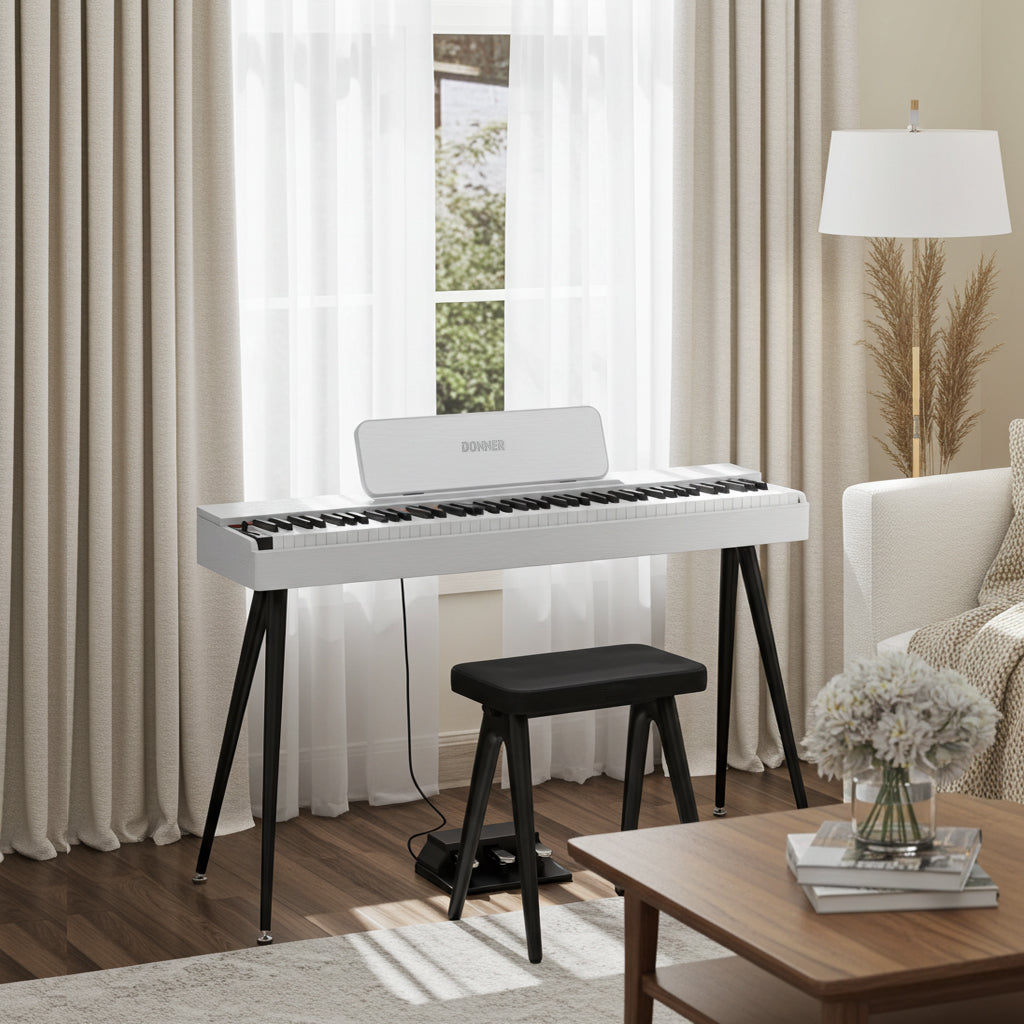
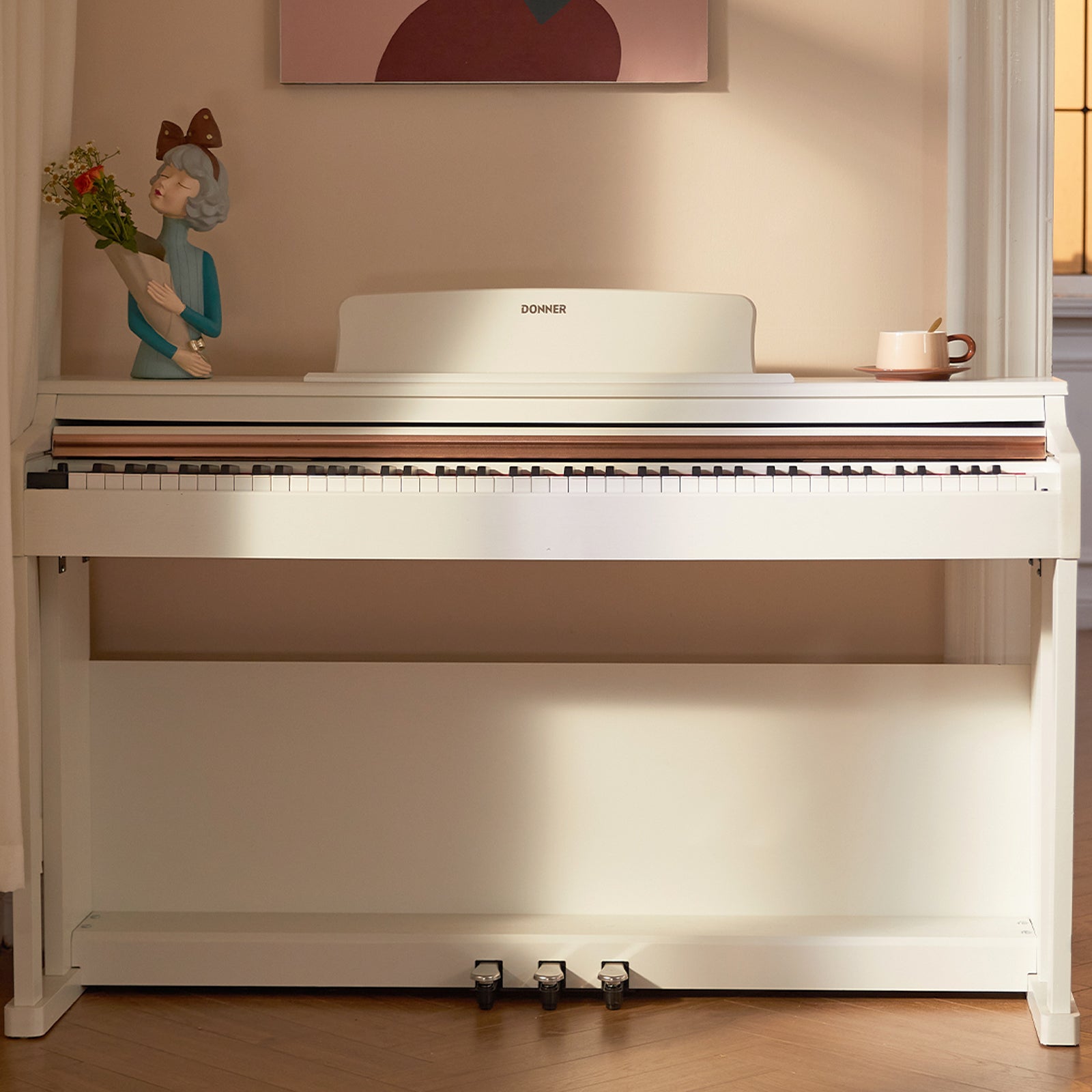
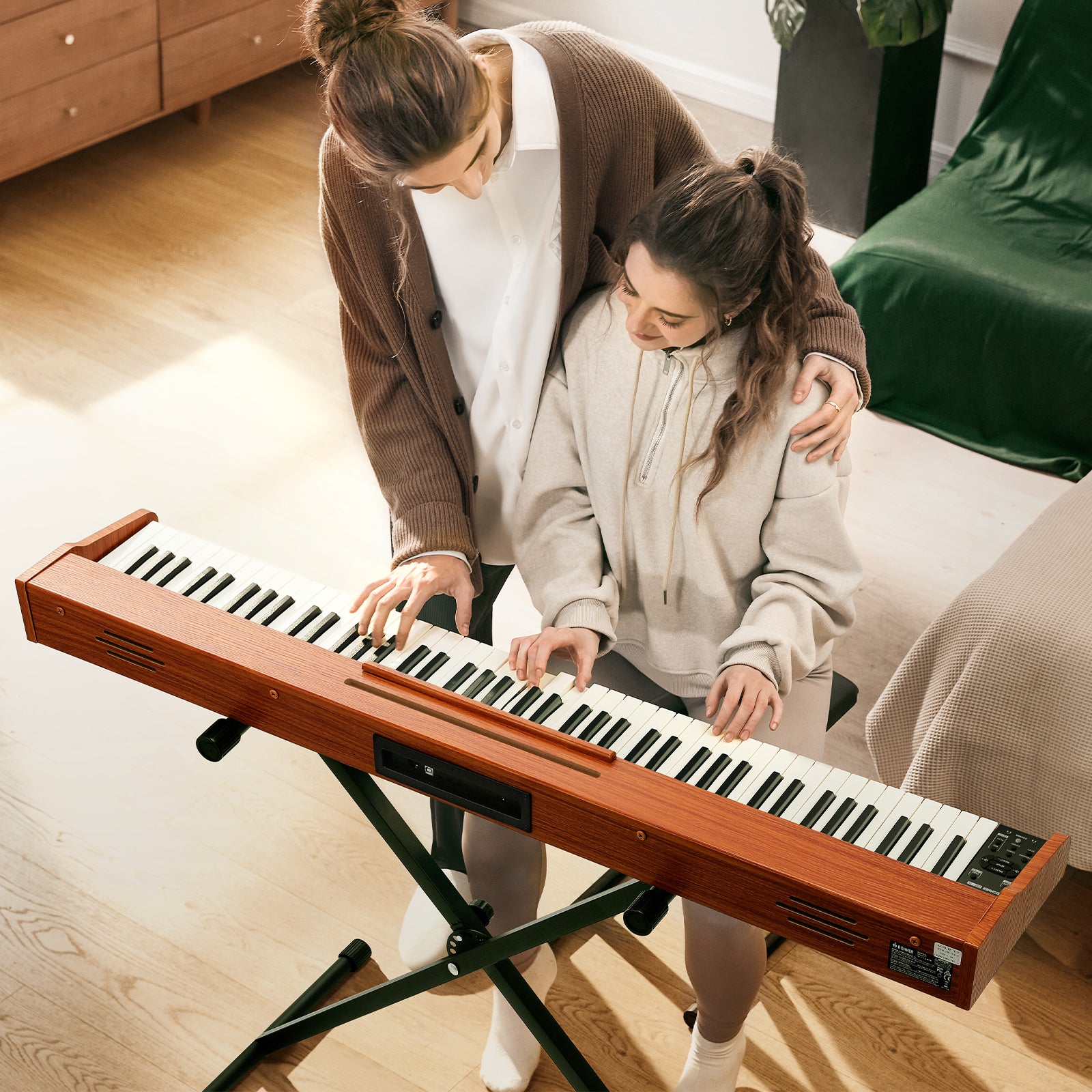
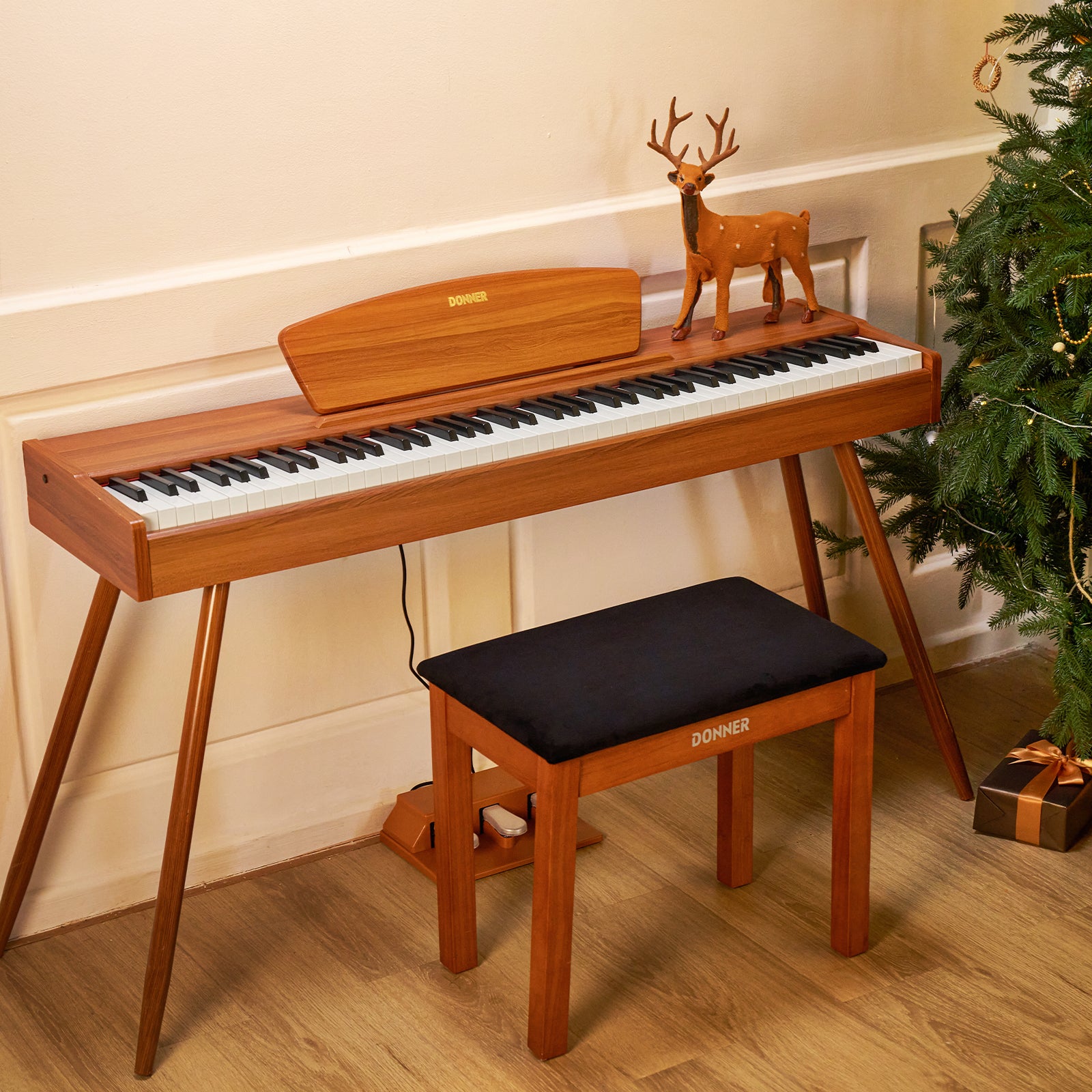
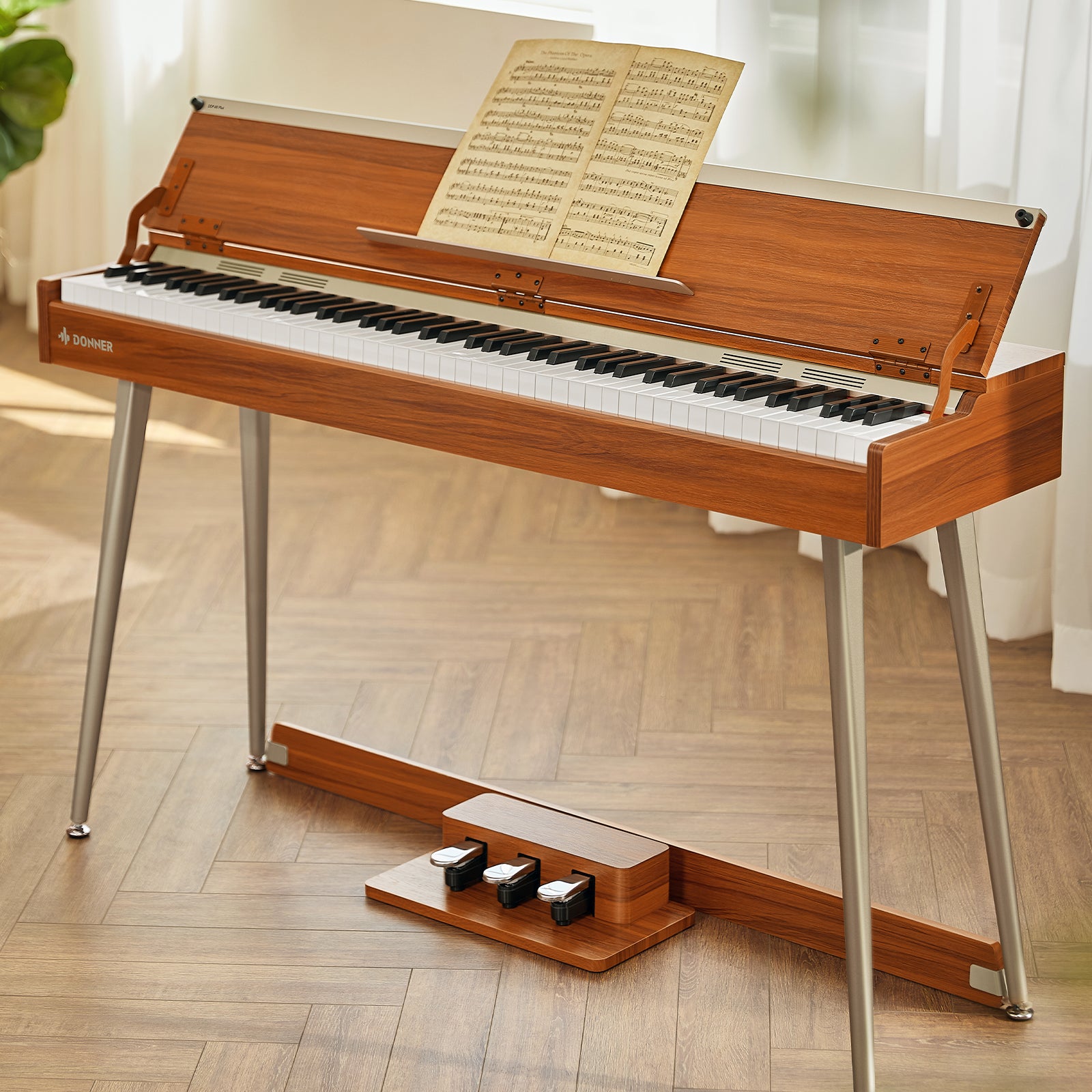
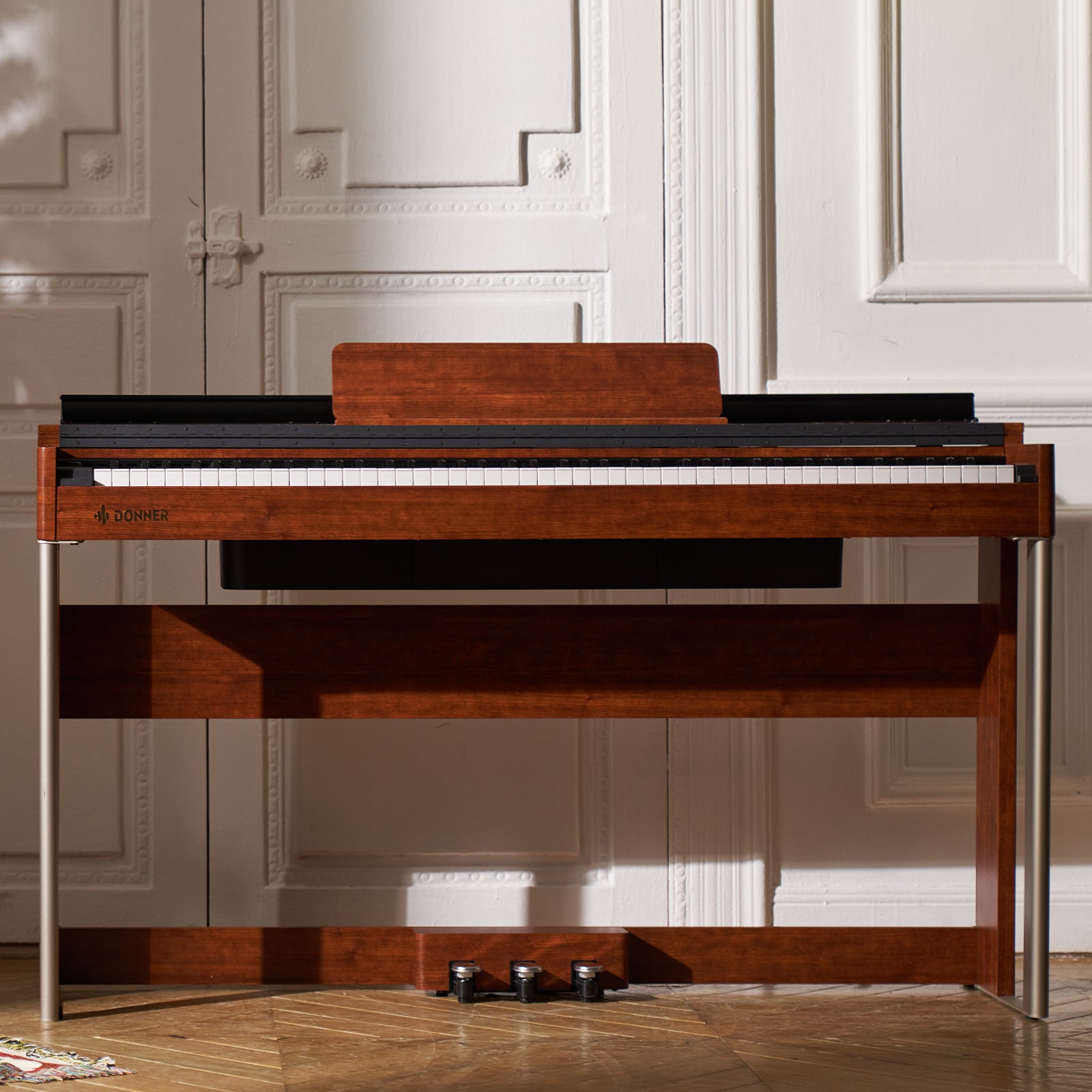
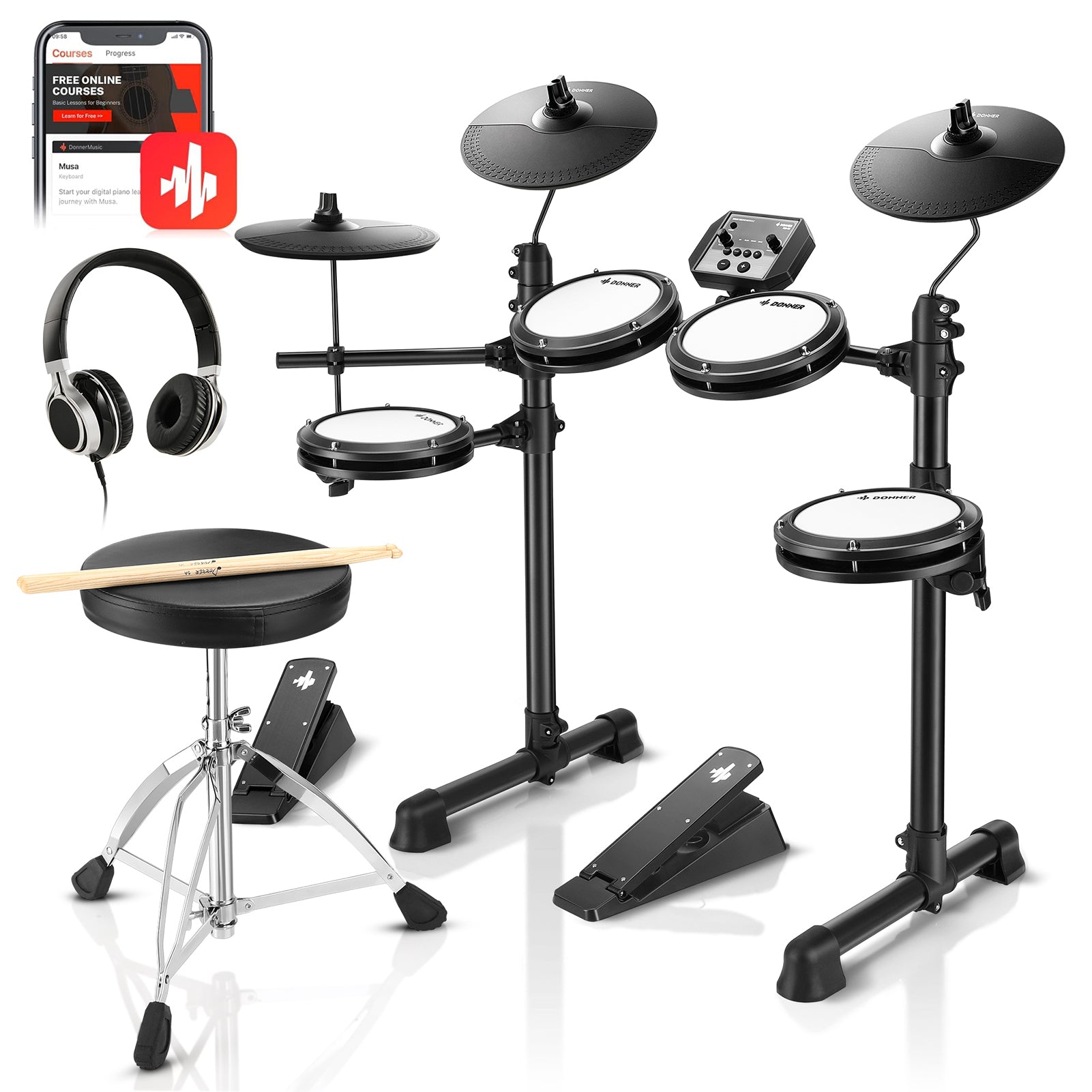
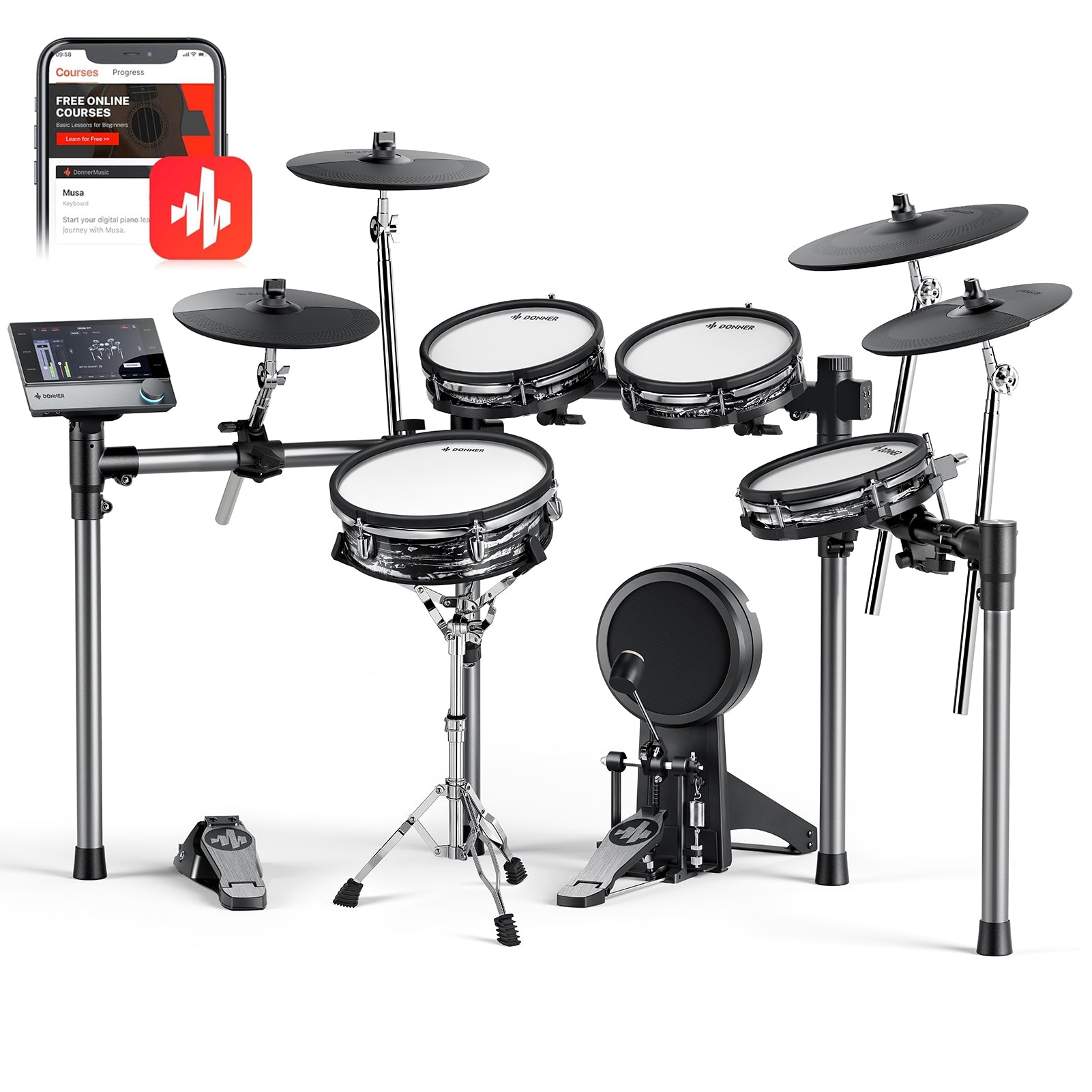
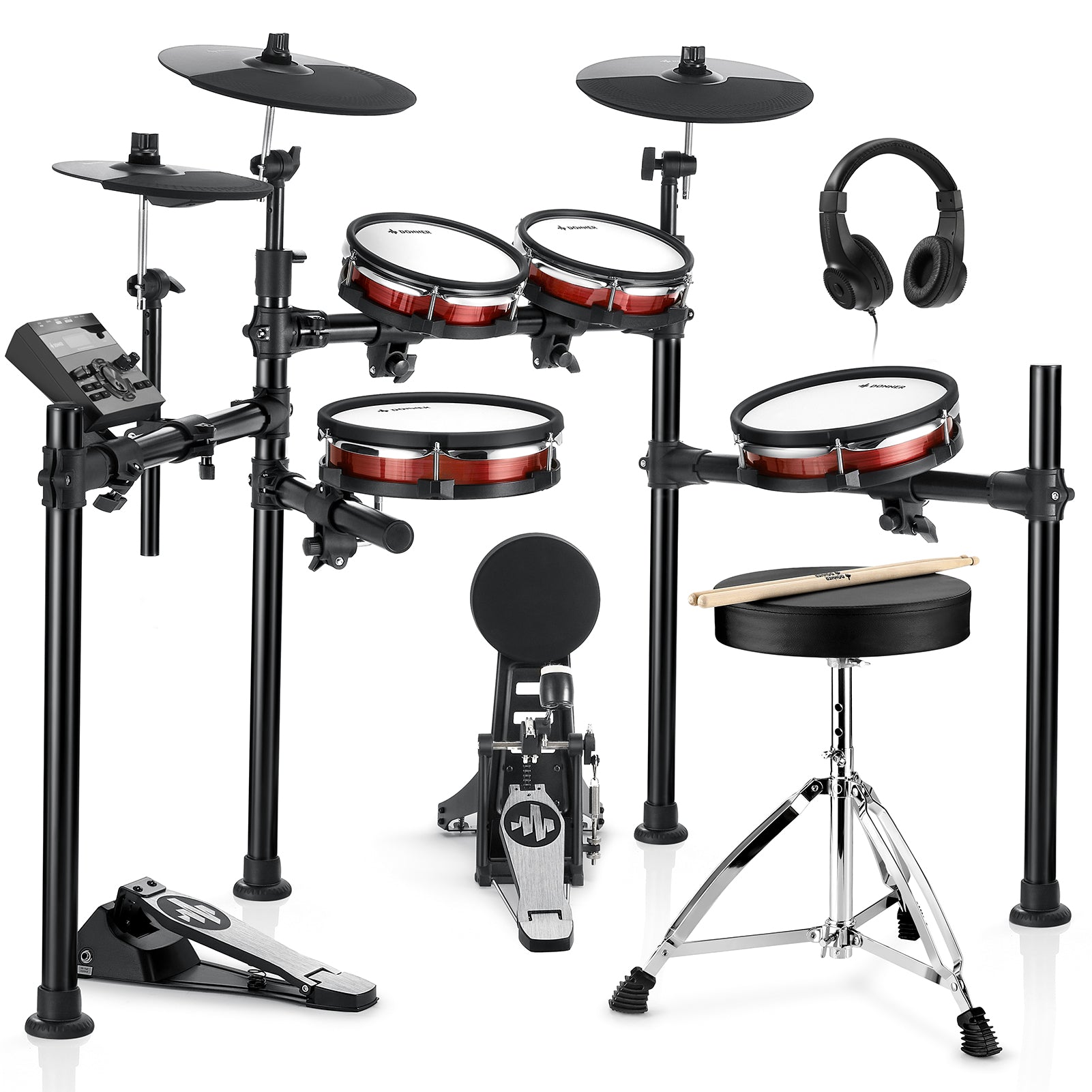
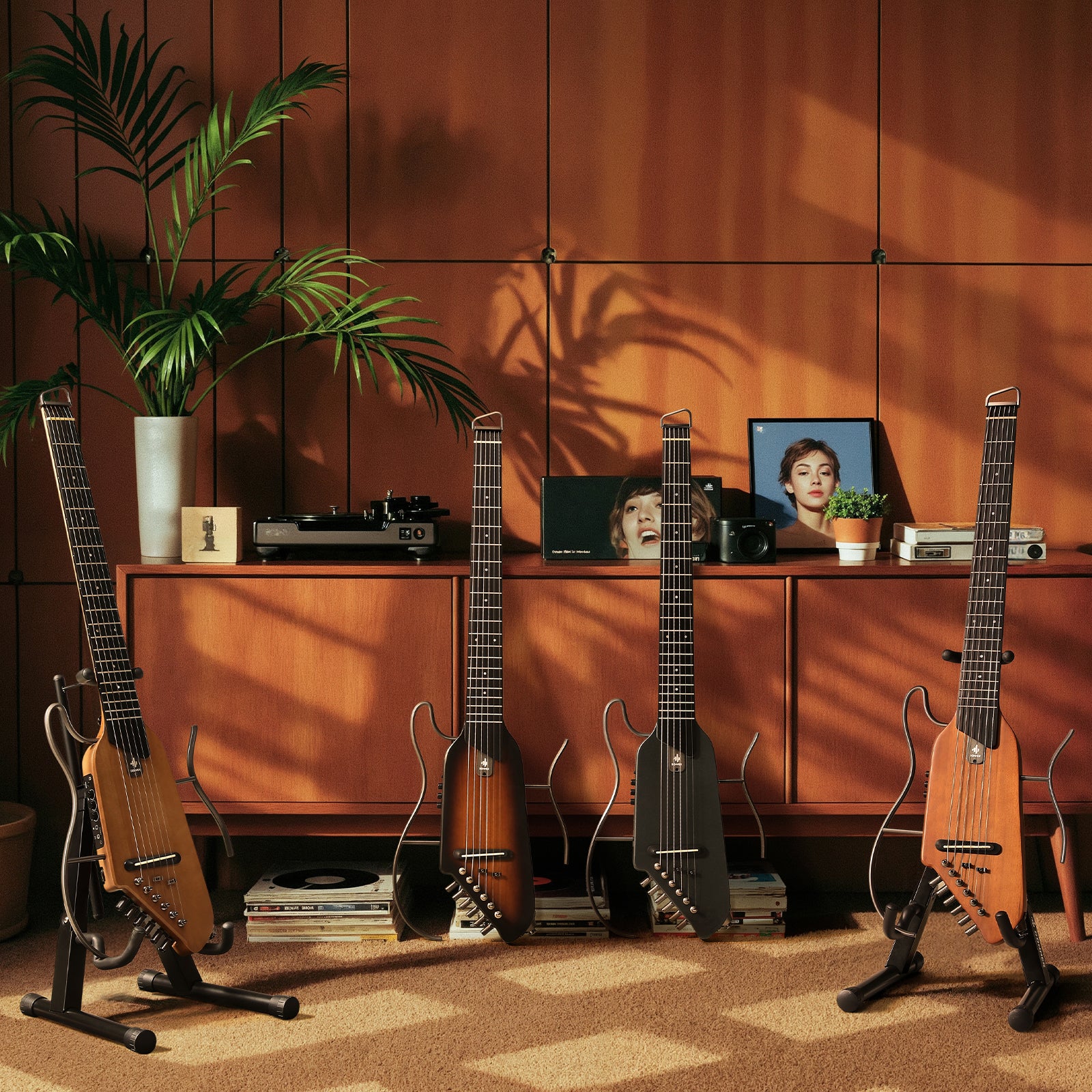
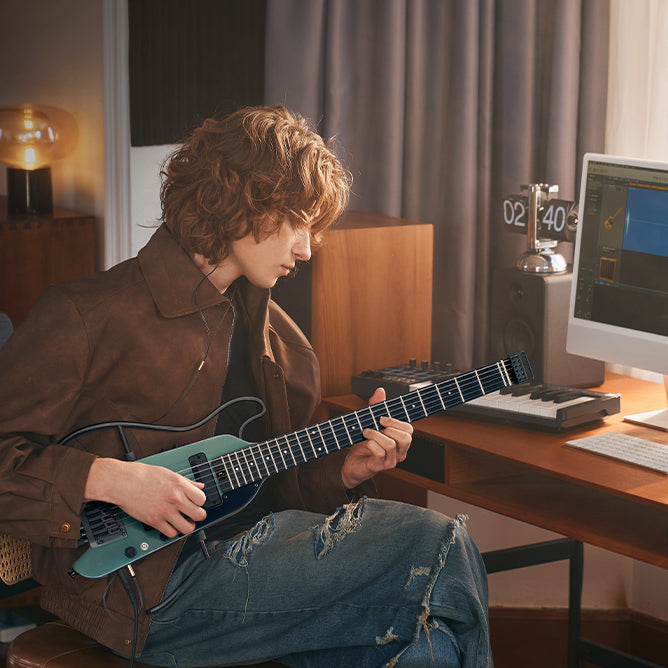
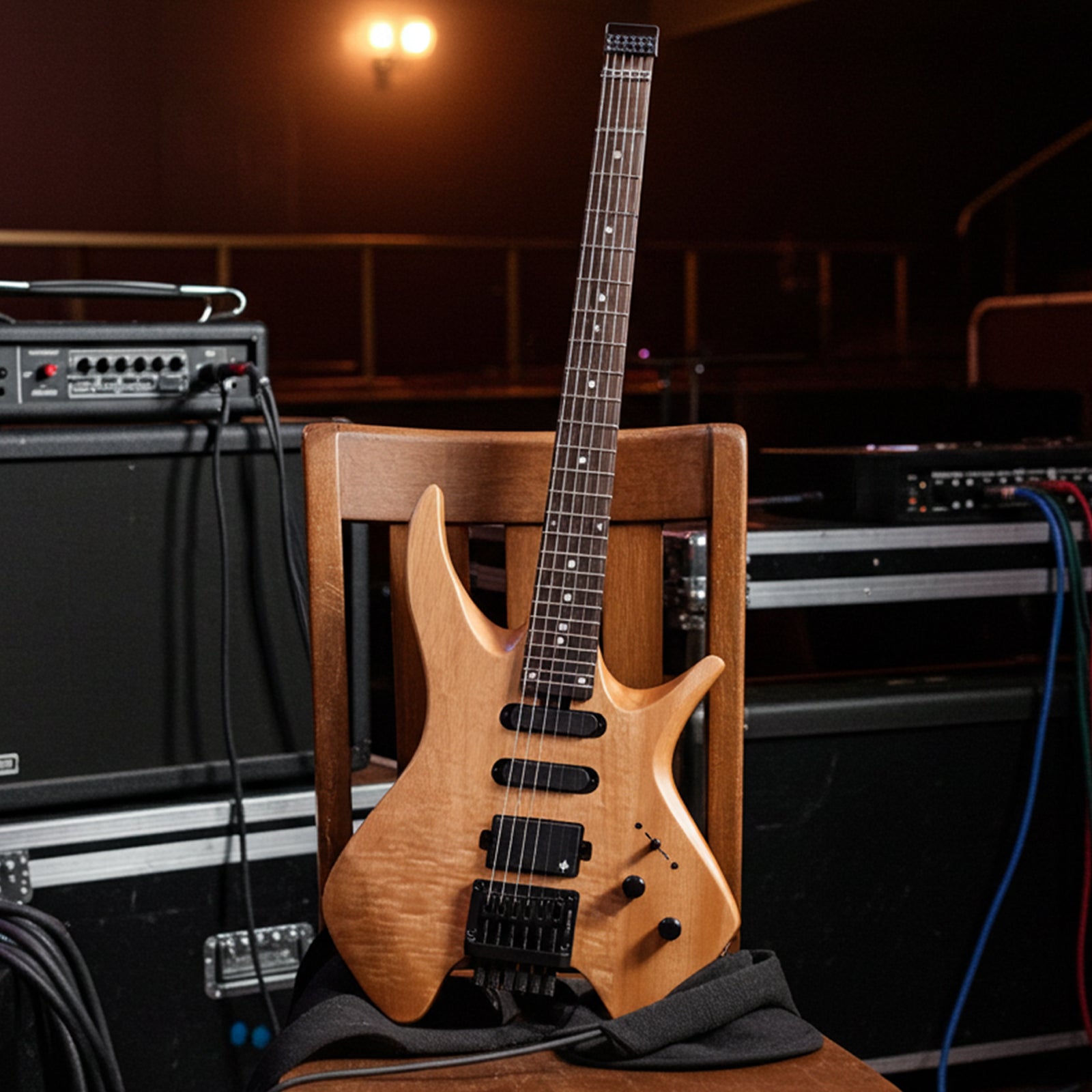
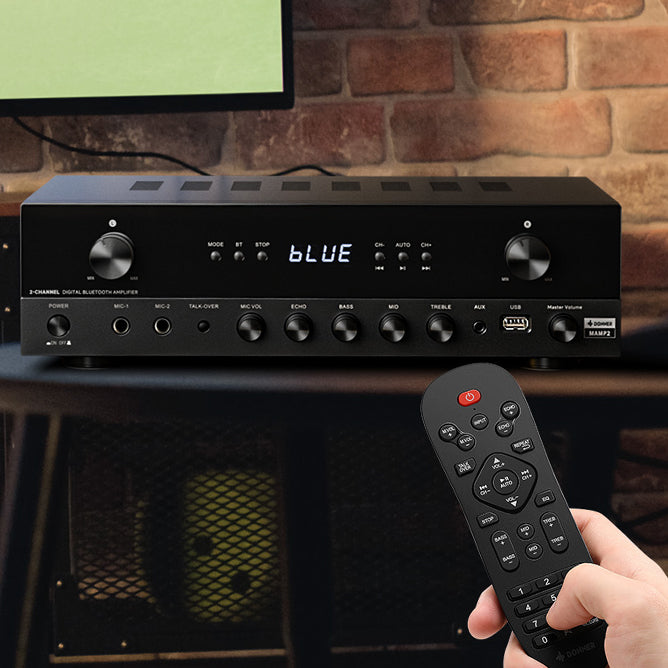
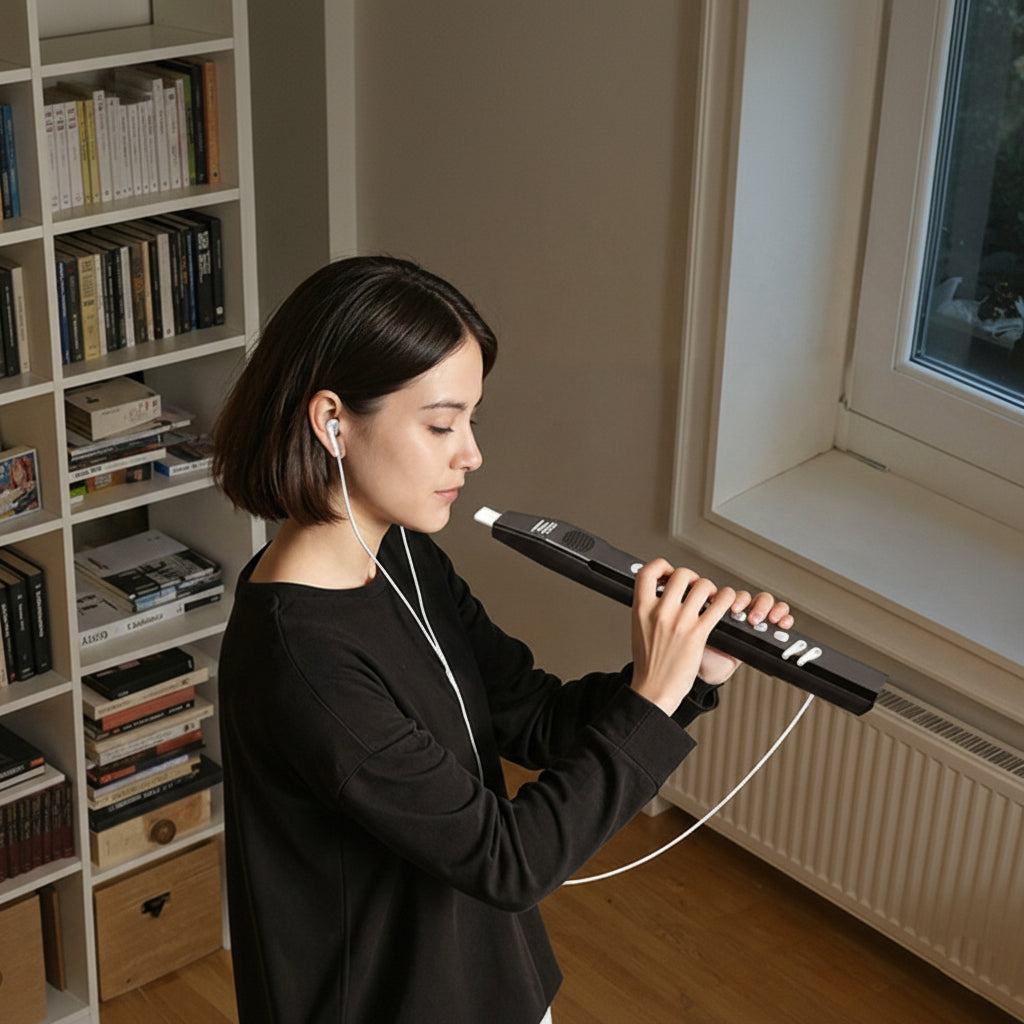

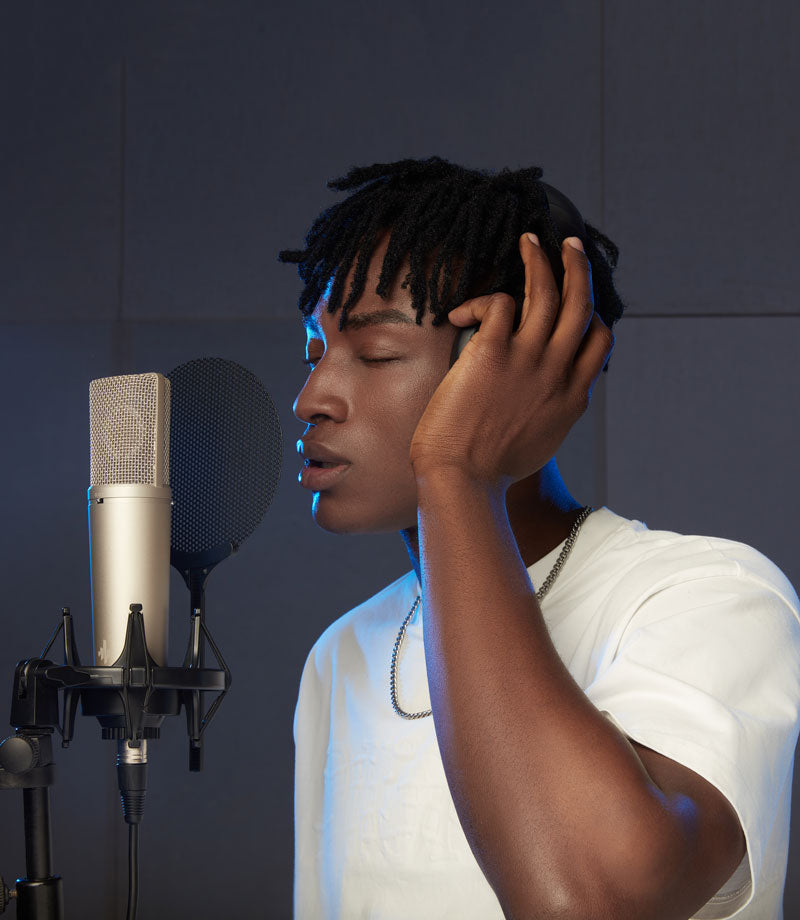

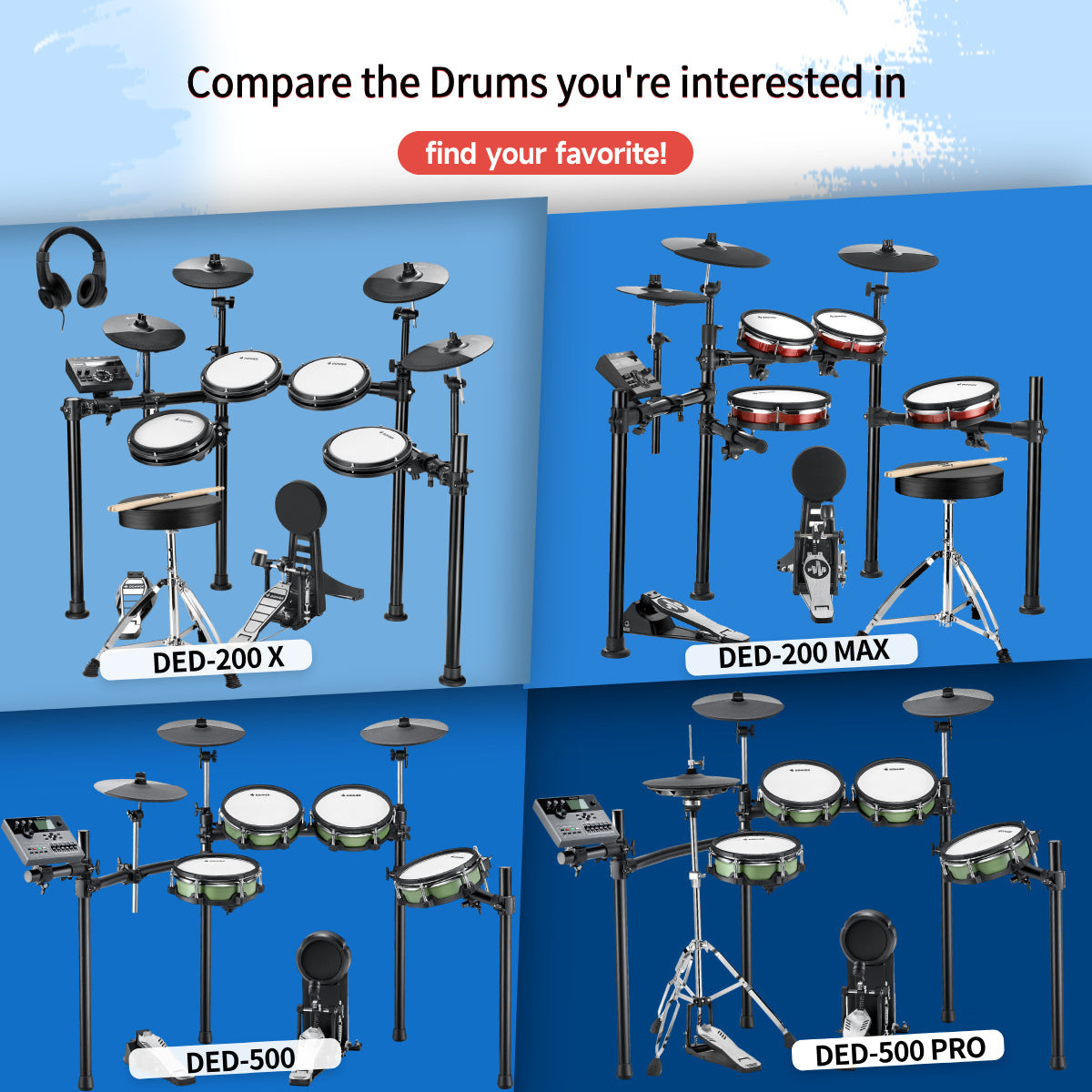


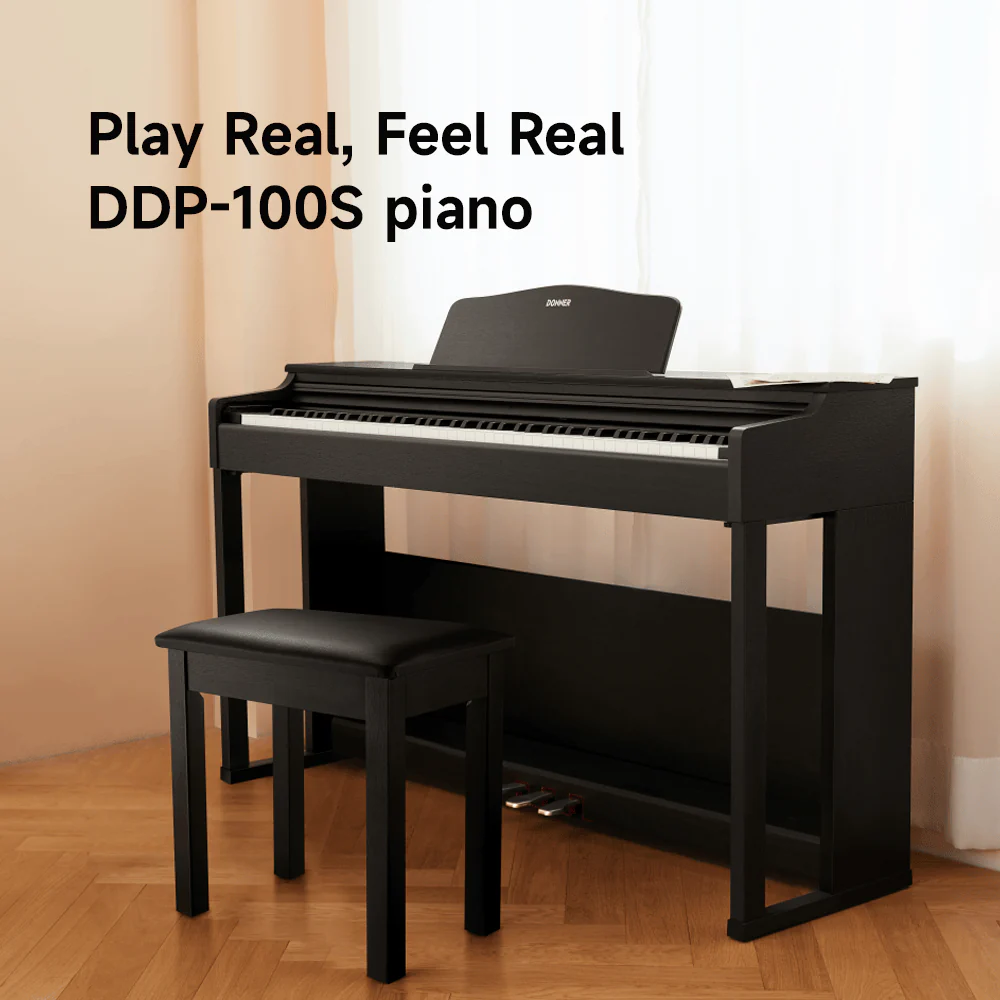
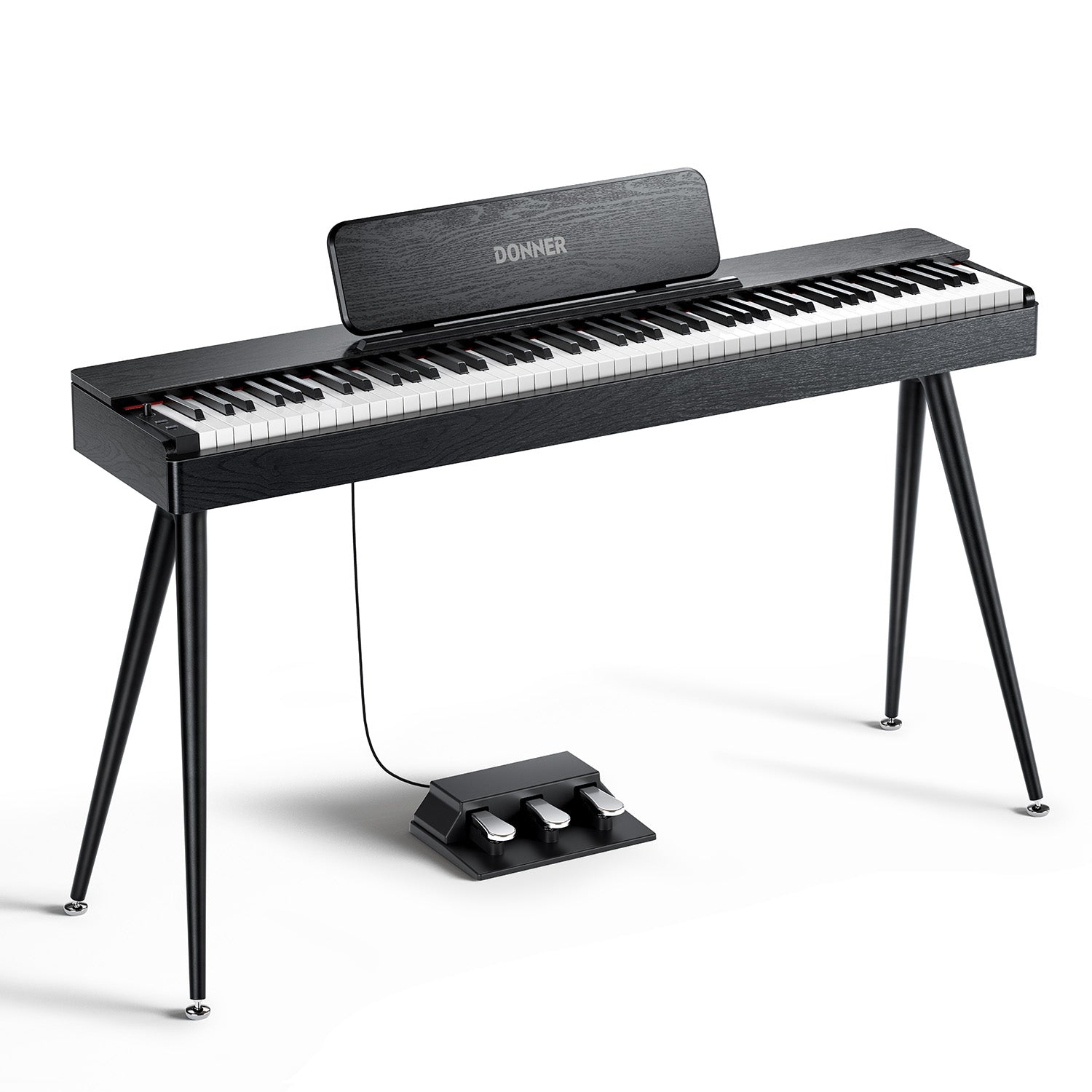
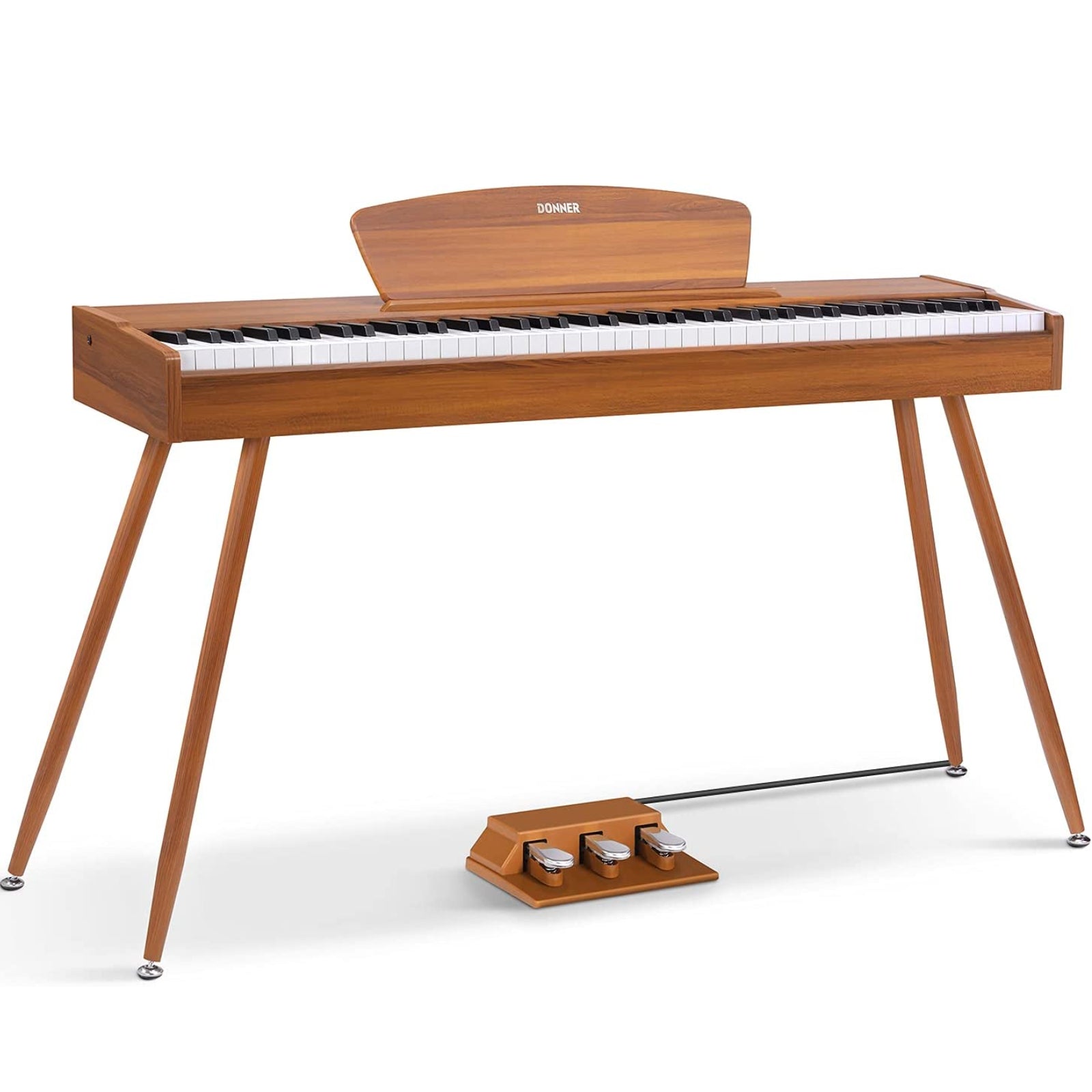


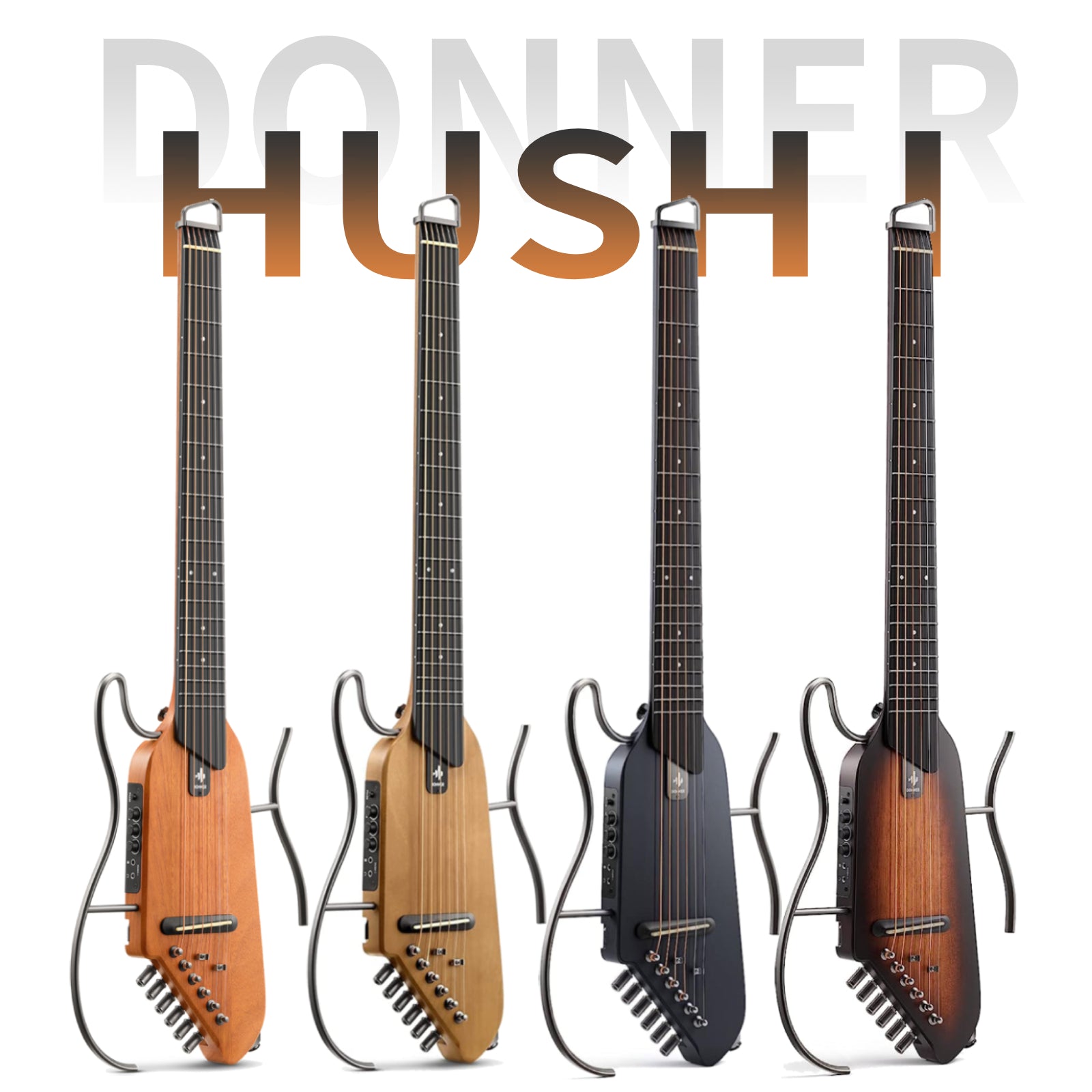
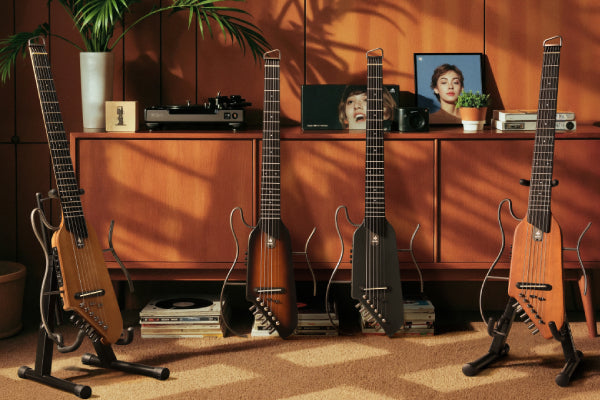
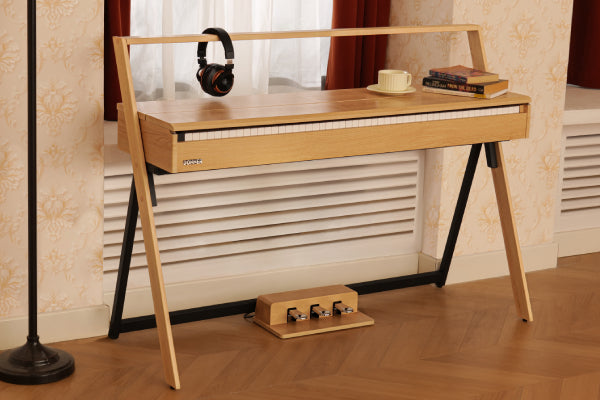
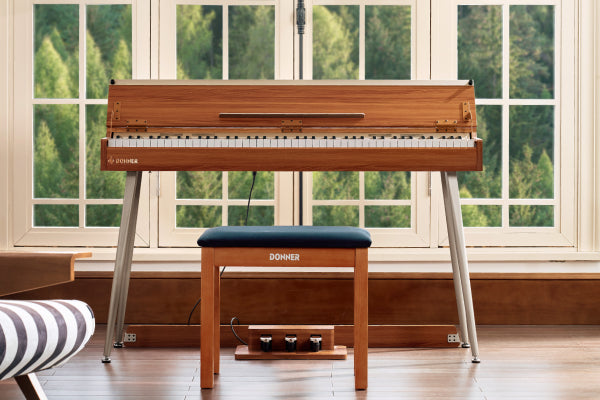
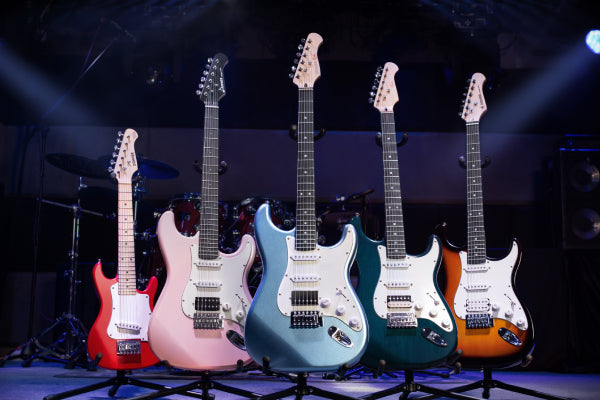
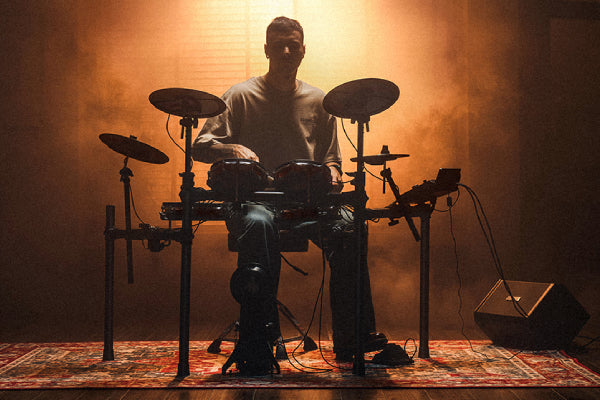



Leave a comment
All comments are moderated before being published.
This site is protected by hCaptcha and the hCaptcha Privacy Policy and Terms of Service apply.